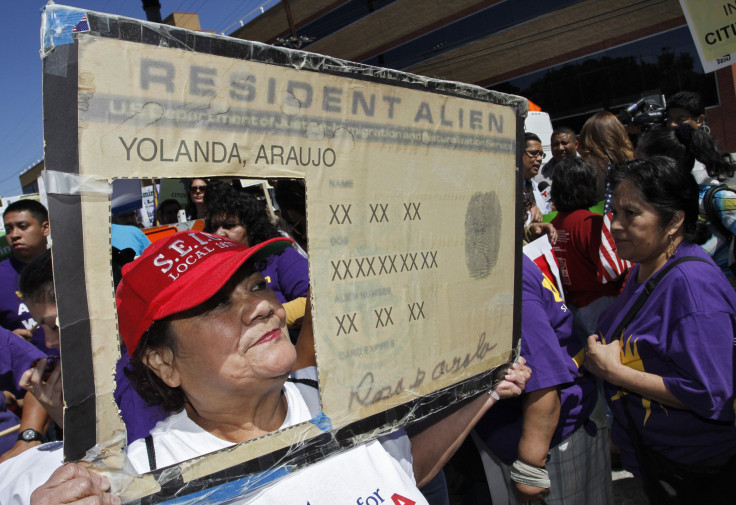
The Department of Homeland Security (DHS) has rejected the design of new driver’s licenses to be issued by California to undocumented immigrants, telling the state’s Department of Motor Vehicles in a letter that the license would need to be a different color or design than regular licenses and state on the front that it could not be used as federal ID. The Los Angeles Times reports that officials in California say the decision could delay issuing of the new IDs -- which are set to be available in January 2015 after California governor Ron Brown signed into law a bill creating them in October -- as immigrant advocates have fought earlier proposals which would have given the new licenses a distinctive color or marking.
La Opinion writes that the design rejected by DHS featured two details distinguishing them from regular licenses: a disclaimer on the back asserting that the licenses do not serve for official federal purposes as well as the letters “DP” -- meaning “driving privilege” -- on the front, instead of “DL”, for “driver’s license.” That wasn’t enough for DHS officials, who wrote in the letter that the new licenses would not be in line with that stipulated by the Real ID Act, a 2005 national-security law which tightened ID standards.
The new ID, officials wrote, requires immediately recognizable markings which would allow officials to quickly ascertain whether it was valid for purposes like accessing federal facilities or boarding commercial airlines, according to the Associated Press. Several Democratic lawmakers quickly released statements condemning the decision. State senator Ricardo Lara and assemblyman Luis Alejo defended the design in a letter to DHS, writing that it would provide “adequate protections for vulnerable community members from discrimination,” as immigrants are “statistically more likely to be the victims of crime and are often primary targets for scams, discrimination, retaliation and extortion.”
© 2025 Latin Times. All rights reserved. Do not reproduce without permission.




